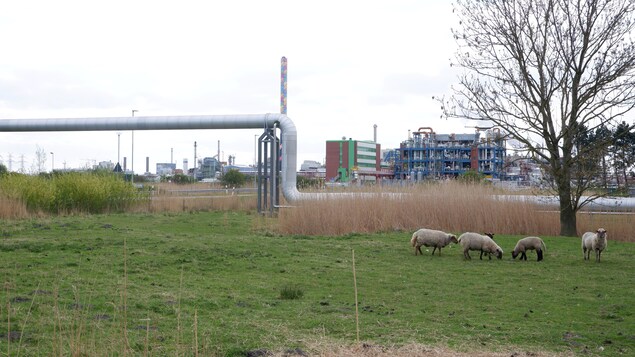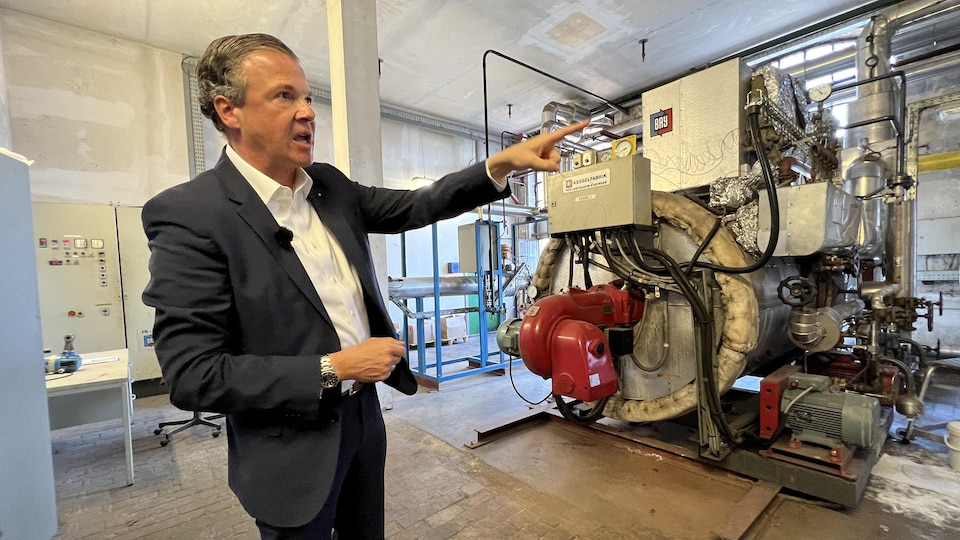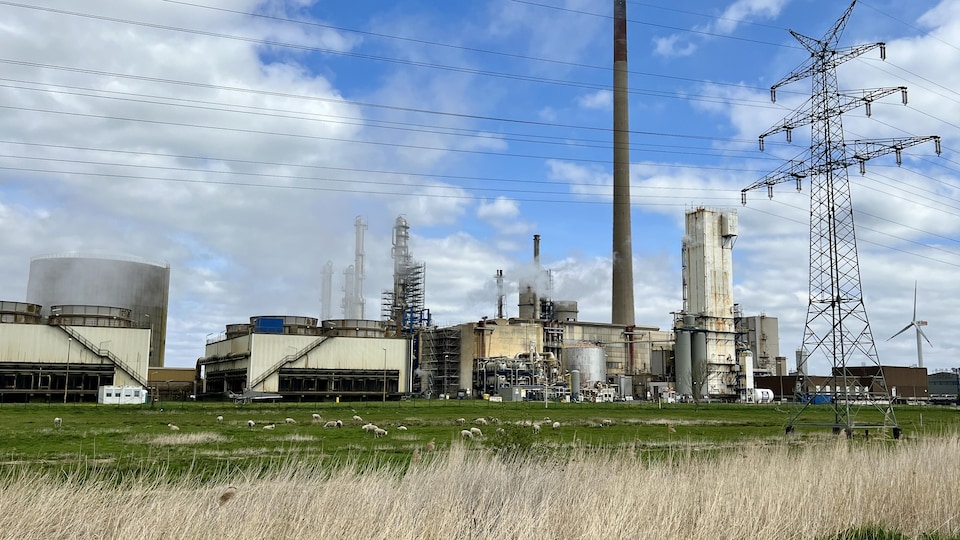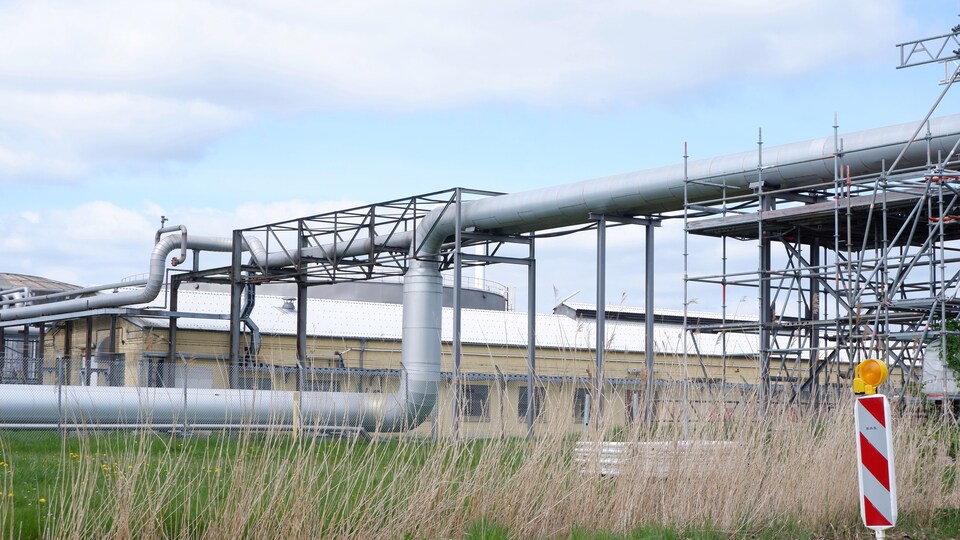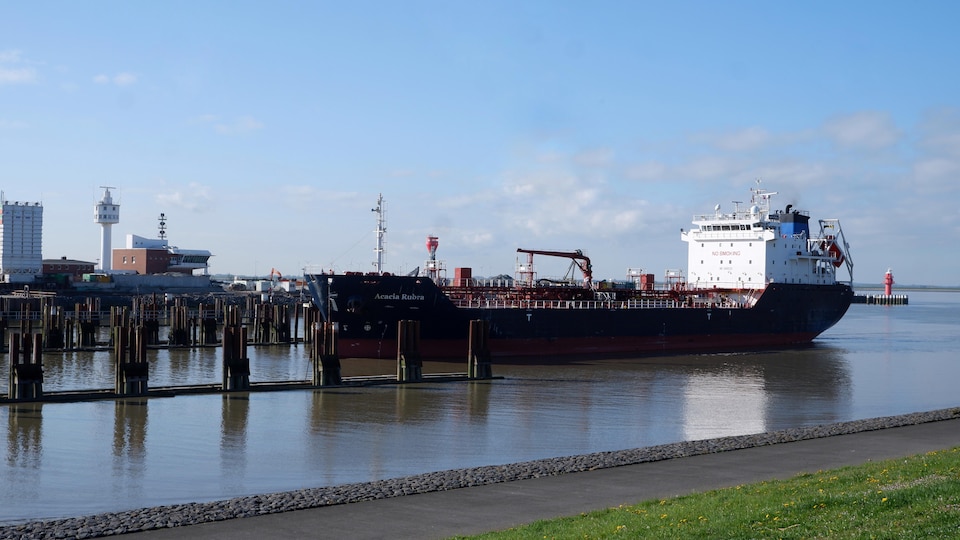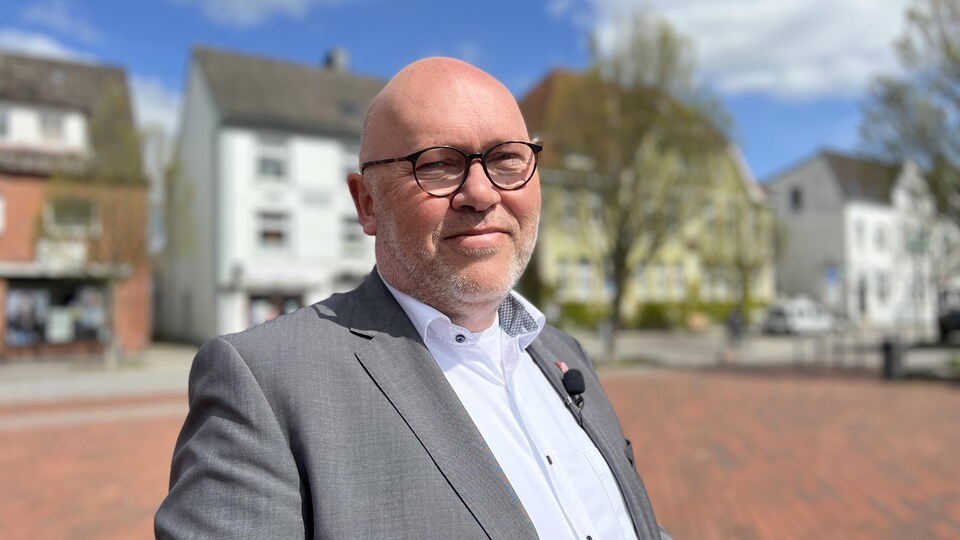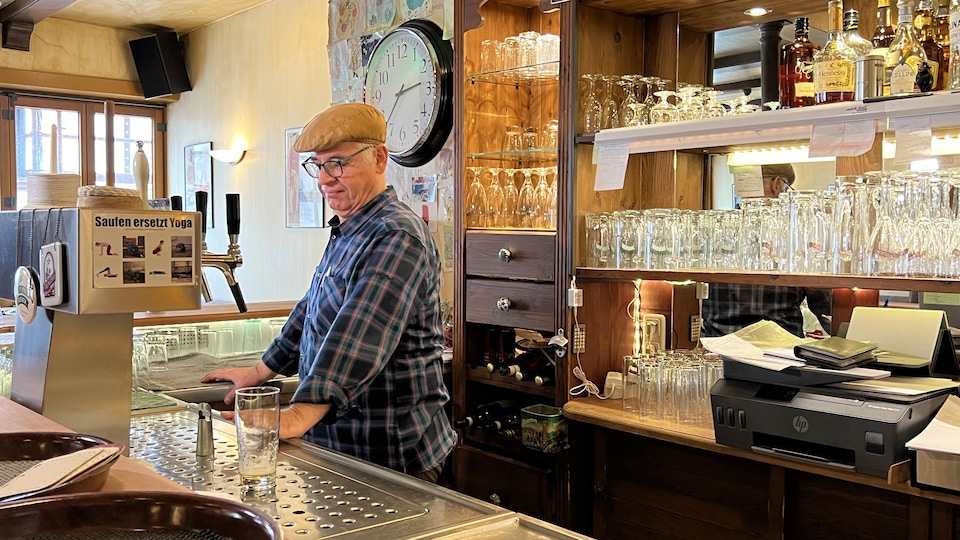In the old brick building, south of Hamburg, small yellow signs warn visitors and workers that gas is being used there.
The HOBUM family business specializes in creating a variety of petrochemical products. One of the liquids produced there is used, for example, to prevent corrosion in vehicles. It is found in 70% of vehicles in the European market.
To get the liquid out of the laboratories, it is necessary to use steam heated to 280 degrees Celsius created with the help of gas. I need gas. I know I am not directly paying for Russia’s war in Ukraine. But I have a responsibility for 52 employees and their familieslaunched Arnold Mergell, the leader of Hobum.
The entrepreneur explained that he has been trying to diversify his energy sources for several years. It is betting on hydrogen, among other things, to replace the gas, but it will still be a long time before this move becomes a reality.
According to him, the optimism of his factory, like thousands of others in Germany, is remarkable due to recent energy choices made by Europe’s leading economy.
” We want to eliminate nuclear and coal, which is good in terms of fighting climate change, but it’s too early, too fast. We rely too much on gas, especially in Russian. “
Arnold Mergell attributes responsibility to political authorities, but also to businessmen who, like him, have found this resource is easily accessible and affordable. We made a mistake then, and now we have to payhe says.
An attempt at diplomatic rapprochement
Beyond economic decisions, Berlin has made the political choice to build its commercial relations with Russia, explains Thomas Pellerin-Carlin, director of the Energy Center of the Jacques Delors Institute.
” The Germans chose to rely on Russian gas in the hope that this German-Russian cooperation would bring change to Russia’s foreign policy. “
So, for about fifteen years, Chancellor Angela Merkel defended this rapprochement, first initiated by her predecessor Gerhard Schroder, a politician strongly criticized for maintaining close ties with Moscow. Even after the start of Russia’s invasion of Ukraine, Gerhard Schroder continued to sit on the boards of Russian energy companies.
Ever since the war began, we clearly see that this German policy has failedobservation by Thomas Pellerin-Carlin.
Over the past two months, protests have taken place calling on the ruling coalition to end Russia’s energy imports. At the continental level, a majority of members of the European Parliament also support the idea of such an embargo.
Without approving an embargo, the new chancellor, Olaf Scholz, took an important step at the end of February when he announced that he had suspended certification of the Nord Stream 2 gas pipeline, a project that would greatly boost gas prices. imports of Russian gas to Germany. territory.
Germany remains, after all, a major consumer of this resource. At the beginning of the year, half of the country’s gas imports came from Russia. Berlin authorities recently announced that this proportion has dropped to 35%.
Diversify energy sources
Germany’s foreign minister said recently that his country could stop importing Russian oil by the end of the year. As for gas, we have to wait until mid -2024.
To free itself from the resource, Berlin has, among other things, promised to greatly increase its production of solar and wind energy over the next eight years.
Germany has also announced funding of port terminal projects that will make it possible to import liquefied natural gas from, for example, Norway or Qatar.
One of the selected places is the port of Brünsbuttel, about a hundred kilometers west of Hamburg.
For years we have been saying that Germany needs this infrastructureexplanation by local elected official Oliver Kumbartzy, who added that proponents of the project have long encountered a lack of interest on the part of federal authorities.
Chancellor Scholz finally announced Berlin’s financial involvement in this terminal four days after the start of the war. The project should see the light of day by 2024 and floating terminals should appear early next year to start providing.
An announcement was shared by Brunsbüttel mayor Martin Schmedtje, who however also wants the gas terminal project approved earlier.
” I would rather personally make this decision in time of peace, than be brought under the pressure of war in Ukraine. “
However, Mayor Schmedjte is pleased to see that Berlin’s sources of supply have begun to diversify, especially since, in context, Russia’s reliance can be seen in the energy bills of its fellow citizens.
A fact that is obvious when visiting a pizzeria located a few meters from the town hall of Brunsbüttel, where almost everything, from the stove to the heating, runs on gas.
Russia is done, we don’t want to buy their gas anymore. But what will be the price to pay?asked Ahmed, the owner.
One question that, these days, is monopoly in the German political debate.
Source: Radio-Canada

